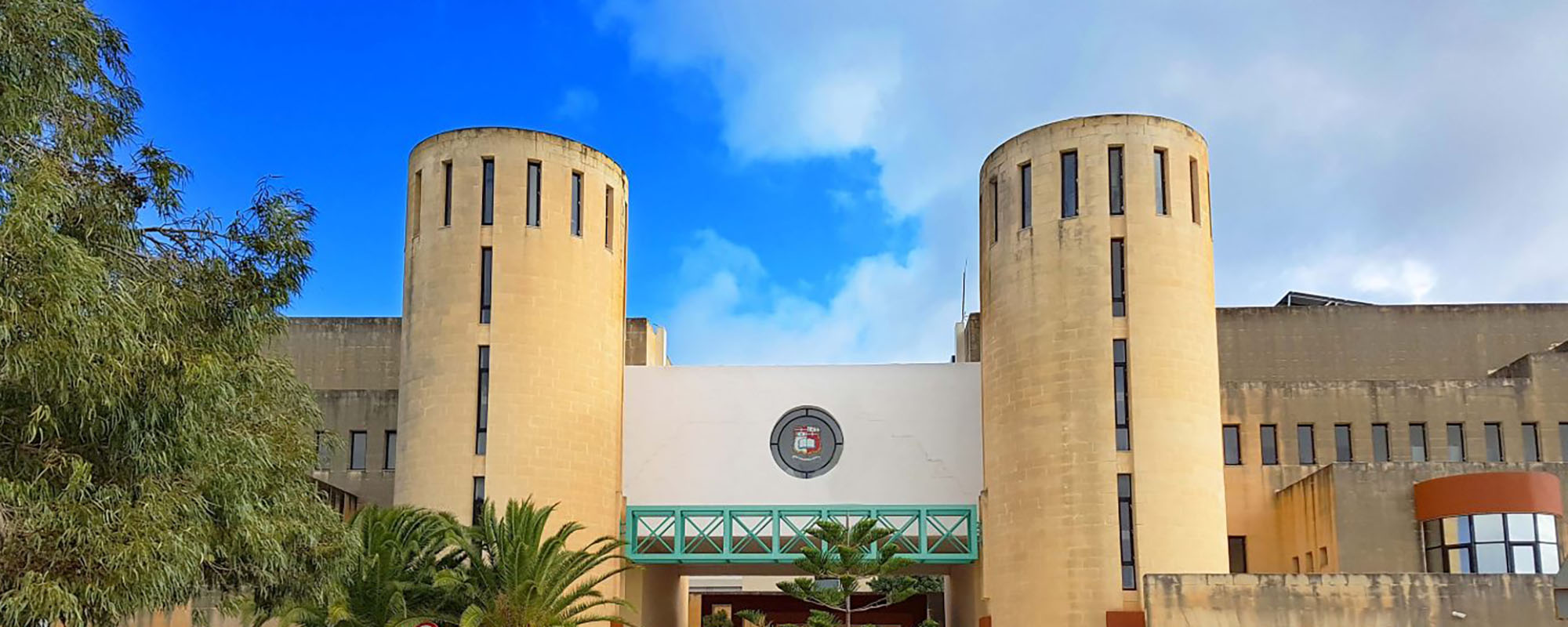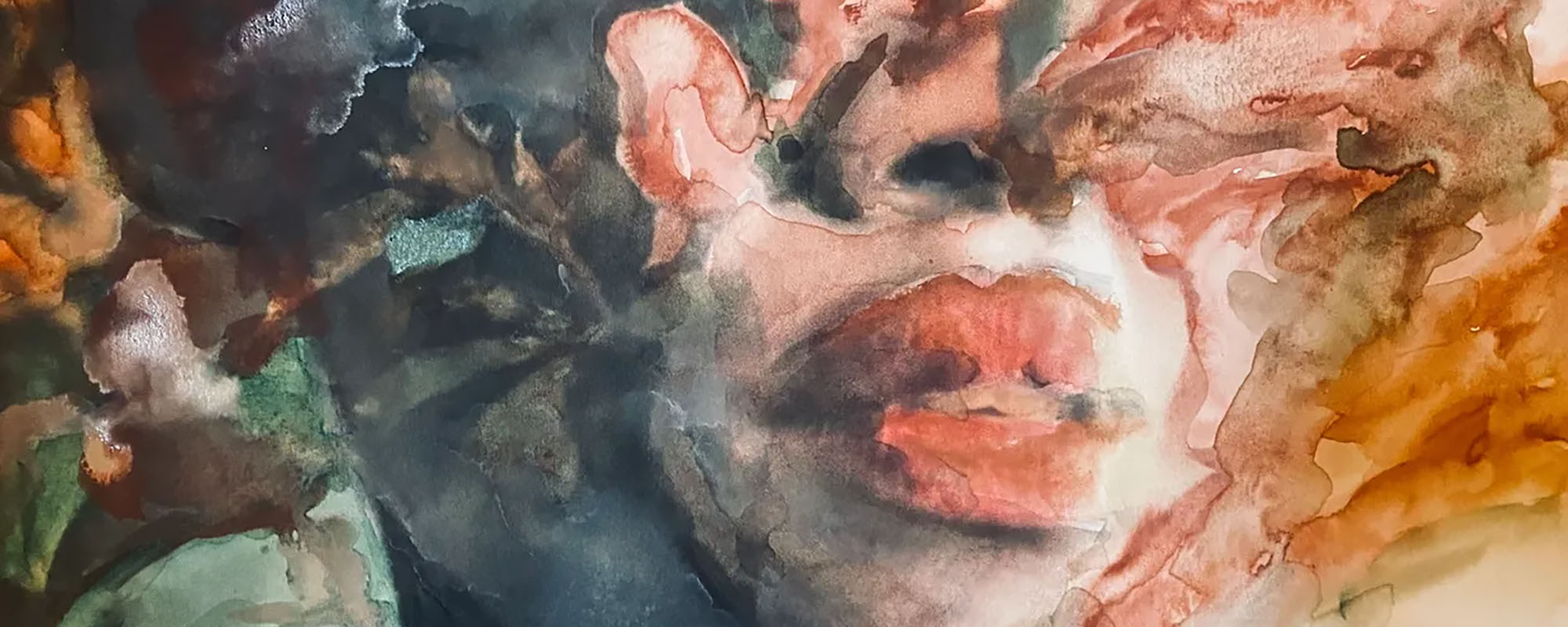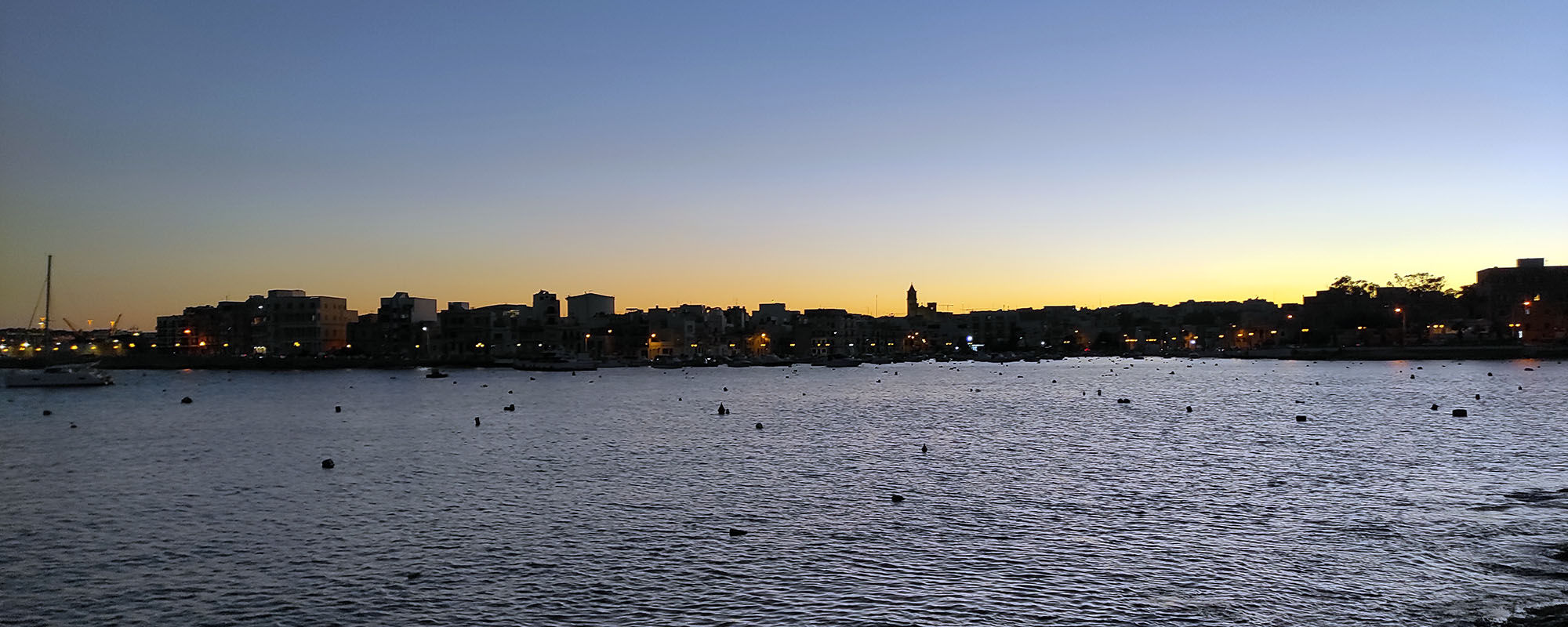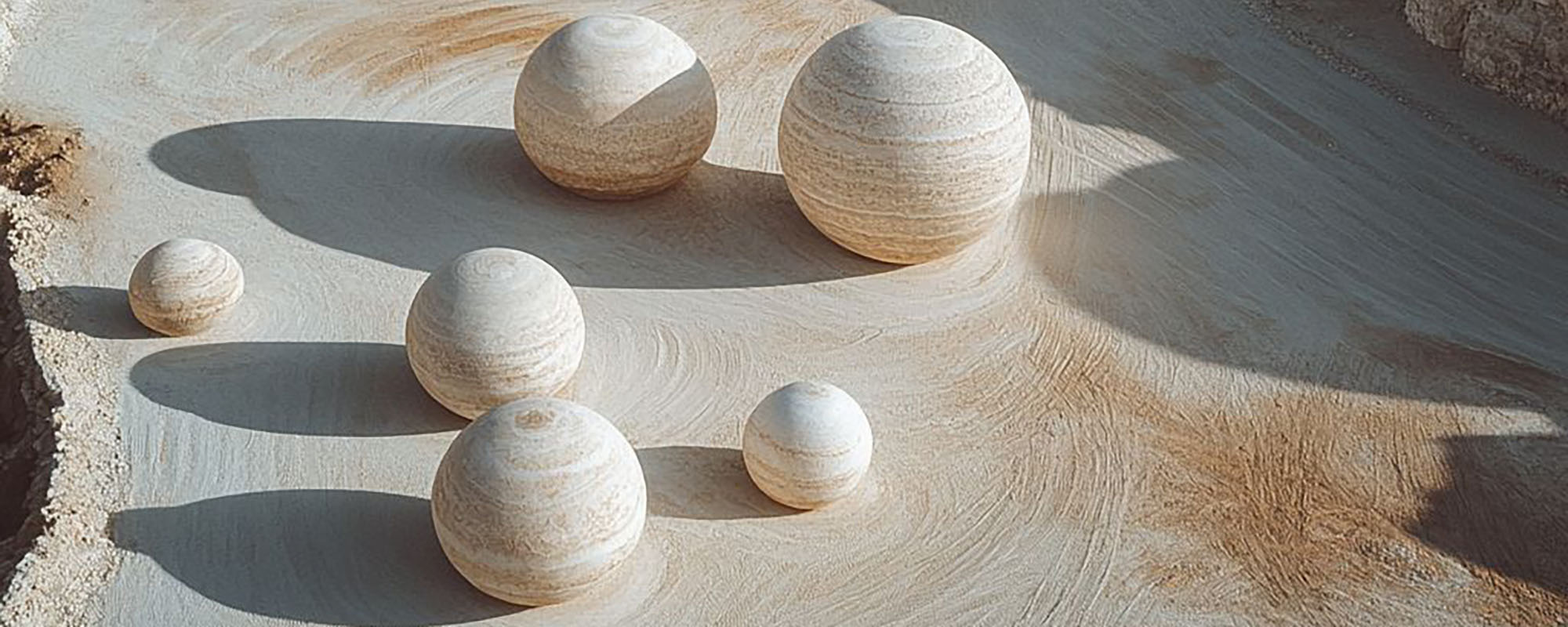Designer and visual artist Daniela Attard, known as ielladoodle, hosted Migration Nation, a multimedia art exhibit at Spazju Kreattiv. The exhibit deals with several important issues in both a worldwide and Maltese context. THINK visits the exhibit and speaks with Iella about her work and her time as a UM student.
Continue readingCulinary Medicine: A Missing Ingredient in Medical Education
For her second-year physiology research project conducted under the supervision of Chev. Prof. Renald Blundell from UM’s Department of Physiology and Biochemistry, Courtney Ekezie focused on sustainable food systems and their impact on human health. The study briefly mentioned culinary medicine – an aspect that later inspired this article for THINK.
Continue readingPoetry in Motion: Celebrating World Poetry Day at the UM Library
Words have the power to heal, inspire, and connect. On 21 March, the University of Malta Library, in collaboration with Poetry Jam Malta, invites you to an evening of poetic expression as we celebrate World Poetry Day.
Continue readingUM’s First SEA-EU Blended Intensive Programme
In February 2025, the University of Malta hosted its first Blended Intensive Programme (BIP) on tourism sustainability in conjunction with the International Office and SEA-EU Office. THINK Editor Rebekah Zammit caught up with Dr John Ebejer from UM’s Department of Tourism Management to ask a few questions about the BIP.
Continue readingPostcards to the Self: Memory, Art, and the Spaces In Between
Following her studies with UM’s Faculty of Media & Knowledge Sciences, Michelle Gialanze conducted her research on the art of remembering through a physical yet still ephemeral archive – postcards. Under the supervision of Prof. Vince Briffa and Nicole Pace from the Department of Digital Arts, she presented her final research entitled: Utilising Postcards to Create an Autobiographical Artefact of Memories of an Event.
Continue readingTogether for Our Seas
The University Maritime Platform (UMP) serves as a platform bringing experts from various backgrounds together to work on marine and maritime issues. This year, UMP is organising an international conference to foreground and discuss such concerns.
Continue readingGuardians of the Lost Web
Digital archives safeguard our shared heritage, but in an era of cyber threats and fleeting information, who will protect these modern Libraries of Alexandria? THINK speaks to Dr Charlie Abela and Luke Brincat.
Continue readingExploring Birżebbuġa through Soundscapes
Have you ever thought about the social implications of sounds? Daniel Gafà explored the locality of Birżebbuġa through its soundscapes. His study highlights the role that sounds play in shaping residents’ sense of place.
Continue readingMicromuseums with Mighty Value
University of Malta alumnus proposes the first-ever definition of a ‘micromuseum’. Dr John Vella, a doctoral graduate of the Mediterranean Institute, conducted this research after successfully defending his thesis on grassroots museums under the supervision of Prof. John Chircop. Vella continues to research and publish studies on themes concerning such museums.
Continue readingURNA: Bonding Flame
URNA is Malta’s response to the 5th edition of the London Design Biennale 2025. THINK speaks to curator Andrew Borg Wirth and Arts Council Malta Internationalisation Executive Romina Delia to learn how this project seeks to create a connection between souls when experiencing a loss.
Continue reading









